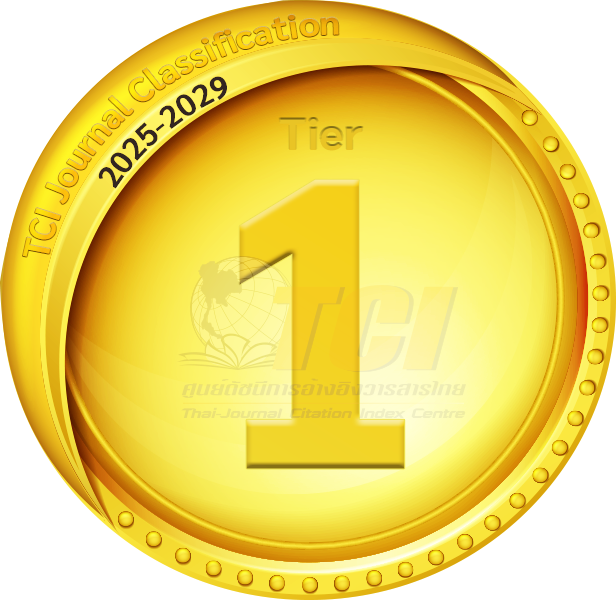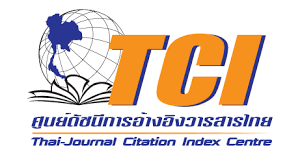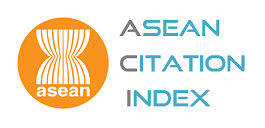Editor's Note
Abstract
After first identified at the end of last year, the pandemic of COVID-19 has spread worldwide, causing troubles to everyone everywhere. As of June 3, 2020, the number of COVID-19 infection cases has risen to more than 6.27 million globally, and more than 379,000 have been reported deceased (WHO). This pandemic has impacted the society and economy extensively in every country. Global populations are forced to change their living and working habits to a new fashion, or so-called “a new normal,” in the hope of dealing with this COVID-19 crisis. Schools, universities, and other educational institutions around the world are facing a huge challenge which requires them to adjust a lot to cope with such a disaster. While scholars of various fields seek new knowledge and new working habits that are suitable for the said “new normal,” our journal also acts as a medium for presenting new knowledge and ideas for this “new normal” or “Post-COVID” era.
This current issue presents you with six (6) papers from various disciplines. In the first paper by Pongsiri Ta-in and Thamavit Terdudomtham, the authors studied problems and impacts of the Ponzi schemes by a fraudulent transnational venture capital firm, a new type of the Ponzi schemes in Thailand that caused extreme damages to Thai investors. The authors have also proposed a protocol to enhance the efficiency of law enforcement in Thailand to prevent and solve this novel Ponzi scheme.
Second in the journal is about changes in postures of security policy and foreign policy of China. From the era of President Deng Xiaoping to the era of President Xi Jinping, Nutthathirataa Withitwinyuchon observes that the changes in policies were caused by changes in China’s national identity and the regime’s interests. The author discusses the conflict between China and the United States and Japan over the South China Sea and the East China Sea. This interesting reading is awaiting for the audiences to discover.
Next, we go to the article that describes the Scaffolding Method in teaching English to Thai university students. This method helps improve speaking English and Interactional Competence (IC) in EFL speaking class. Results of the study found that this teaching method is flexible and can be applied to students of different speaking-competency levels. Sutinee Pourpornpong, the author, also proposed suggestions to enhance the efficiency of the Scaffolding Method.
The fourth in the list brings us to Malaysia, where the use of social media technologies has grown increasingly. Zulkifli Zufati Izazi and Tengku Mahadi Tengku-Sepora study the reasons for the utilization of code-switching within the context of Malaysian social media users. They later conclude that ‘the simplicity of the word’ and ‘being accustomed to the habit’ are the most frequent reasons that lead the users to code-switch.
The fifth paper by the duo of Pattrawadee Makmee and Buratin Khampirat presents us the study of a causal relationship model of learning outcomes model for engineering undergraduate students. The authors aimed to develop indicators and learning outcomes for the measurement tools and validate a causal relationship model of learning outcomes for those students. The study implements a survey method using five-point Likert scale questionnaires and summarizes that the learning outcomes are strongly influenced by learning style and can be utilized directly among several educational stakeholders.
Last but not least, the article by Anucha Wittayakorn-Puripunpinyoo revolves around the interesting study about the Knowledge Management (KM) for human resource development of the Agricultural Cooperative Federation of Thailand Limited (ACFT), which is found to help reduce operating costs of the ACFT itself. The author also finds that the learning dynamic and technology application are ones of the factors in significantly reducing the cost of the cooperative.
We welcome your comments and, of course, your manuscripts. Links to our manuscript submission site can be found at RJSH Online Submission and Review System: www.rsu.ac.th/rjsh. We look forward to hearing from you and thank you in advance. We wish you good health through this pandemic crisis.

Indexed in


Search